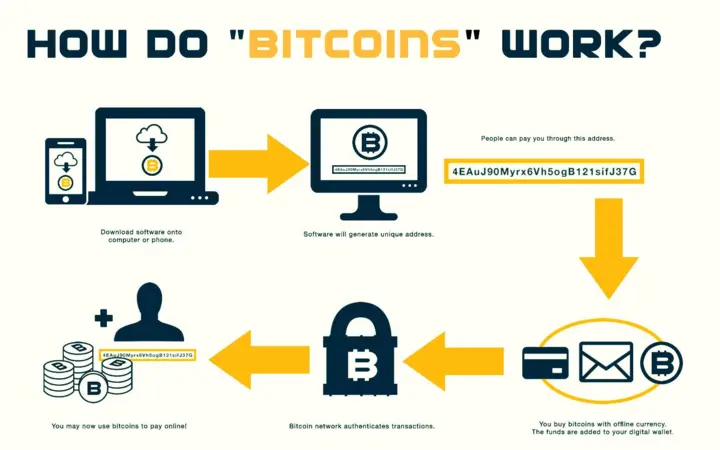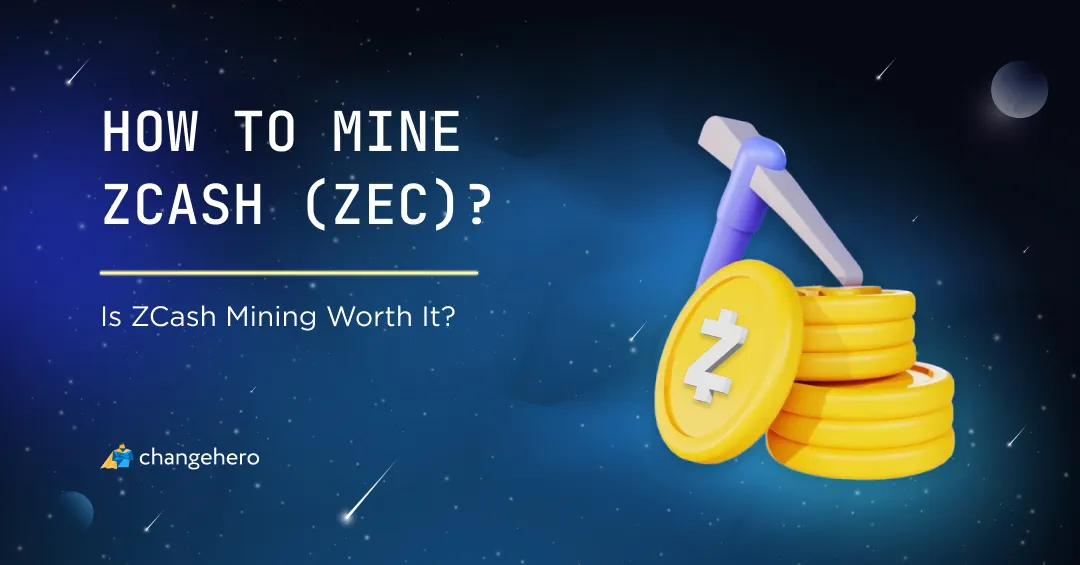Last month, news came in that China banned Bitcoin again, and panic shifted the market into fear. But can governments ban Bitcoin for real? In this article, the ChangeHero team explains why fears of Bitcoin ban are blown out of the water.
Key Takeaways
- Is a total Bitcoin ban possible at all? No, because as long as there is Internet access, users can download Bitcoin software and access its network;
- This is a result of Bitcoin being decentralized, meaning that it is supported by a worldwide network of nodes and miners, and immutable, meaning transactions can’t get reversed;
- There is a partial Bitcoin ban in some countries of the world: China, Iran, Turkey. It usually implies prohibition on banking or trading services.
How does Bitcoin work?
Can governments shut down Bitcoin? It was intentionally designed for it to be impossible.

It was developed by cypherpunks and libertarians, who stand up against government control and surveillance. To understand why Bitcoin is uncensorable and immutable, we have to go down to its basics. By the way, we have a Beginner’s guide to Bitcoin, if you’d prefer to dive into details. To make Bitcoin decentralized, it was made to be able to be supported on any device. They become nodes and keep the entire history of BTC transactions and synchronize with each other. Bitcoin is based on the blockchain technology. In its case, to rewrite transaction history, a consensus of the majority of miners is needed (which would be very expensive!), and it would only create a second parallel chain.
Can Governments Ban Bitcoin?
Since Bitcoin is immutable and decentralized, it’s impossible to amend the blockchain history, only create an alternative, or ban it. Bitcoin itself cannot be banned due to its design. If you’re asking yourself, “if there is a Bitcoin ban in my country, will Bitcoin die?”, do not worry. To effectively prevent access to BTC, a government would have to essentially shut the Internet down. As long as there is access to the Internet, one can download Bitcoin software and perform transactions with it. However, governments still see the need for Bitcoin regulations, and some choose to start with an outright ban. Obviously, telling people to stop using it won’t be very effective, so they come up with other ways to restrict its usage.
How Can the Government Restrict Bitcoin?
What countries ban Bitcoins? The list of such countries in 2021 is thinning out but not zero. It’s also important to understand what constitutes a ban and what is only perceived as such in Bitcoin news. But let’s clarify that in concrete examples.
China
The age-old question that’s caused many a pullback by now: is China banning Bitcoin? This time around, there is no explicit ban on Bitcoin in China but it is indeed restricted and officially not endorsed. The latter is hardly any news, since China has taken the “yes to blockchain, no to cryptocurrencies” approach long ago. The former needs clarification: restrictions include prohibition of crypto-related service provision and crackdown on mining. For miners, it means that they no longer can use local energy. Crypto-related businesses such as exchanges will have to involve roundabout ways to bypass jurisdictions. But since this is far from the first time Bitcoin has been allegedly banned in China, this is just another inconvenience. As for retail users, the situation does not concern them at all, and they get to keep using BTC as always.
India
Another country with dubious legal status of Bitcoin is India. Luckily, now even the considerations of ban are out of the question. Nevertheless, for some time it was thought that the second most-populated country in the world was going to ban Bitcoin. The way the government chose to go about it is the same as in China: prohibit banks from offering cryptocurrency-related services. This would not have impacted retail users but definitely would have made Bitcoin an officially not endorsed thing. Luckily for Indians and foreigners, due to backlash, the proceedings on ban were reviewed and rejected.
Iran
Another country that has been circulating the news about governments regulating Bitcoin is Iran. Recently, they prohibited licensed miners from operating until September due to a nation-wide energy crisis. Iran has one of the most complicated cryptocurrency regulations. They require miners to receive mandatory licensing, and the BTC that can be legally used on the territory of the state has to be domestic. Technically, this means that for the time being, there is a partial ban on cryptocurrency in Iran. People and businesses can still use BTC, though it might get less attractive to use it for imported goods now.
Turkey
Finally, not long ago, Turkey became more clear about a partial ban on cryptocurrencies. Trading and holding is legal but using it as payment is not. Turkey has been one of the adoption hotspots for years now, all the while Turkish lira tumbles down. Peer-to-peer exchanges and local exchanges amassed volumes significant by both European and Middle East standards.
Opinions from Twitter
Hester Pierce, The SEC Commisioner, literally just said “it’s really difficult to ban a tech that’s peer-to-peer” re: Biden admin banning #bitcoin
Again, it’s a global game. The take that “the gov” or “elites” wanna suppress and shut crypto down is bad imo — Adam (tee, hee) (@adampatel23) April 22, 2021
A couple of weeks ago, the US SEC commissioner Hester Peirce went on record to say that banning Bitcoin would be impossible. The fact is not news, but coming from an official source, it means that at least the USA will consider alternatives to Bitcoin ban.
Good news!
The Reserve Bank of India is directing Indian banks to stop deplatforming crypto customers. The ruling these risk-averse banks were referencing is now officially "set aside" and "no longer valid". Official URL: https://t.co/9DbWDb0kX0 pic.twitter.com/dC074gIqKk — balajis.com (@balajis) May 31, 2021
A long-awaited chapter in India’s Bitcoin ban debacle — the Reserve Bank issued clarification that they will not use old restrictions. The replies though do point out that RBI urges banks to stick to other existing cryptocurrency regulations.
"#Bitcoin is a tool of empowerment for people around the world" - Human Rights Foundation CSO @Gladstein, on CNBC Africa pic.twitter.com/9oZUxmm2WC
— Documenting Bitcoin 📄 (@DocumentingBTC) May 28, 2021
Documenting Bitcoin shared the interview with Alex Gladstein, CSO of Human Rights Foundation. He’s arguably the most prominent figure making the case for Bitcoin being a lifeline for dissidents and marginalized communities all over the world.
What is Bitcoin Ban Achieving?
Can governments ban Bitcoin? Maybe they can. But should they do it? It’s a tricky question. Bitcoin is already helping where the government doesn’t. One of the best known examples is Venezuela, where residents use BTC instead of the rapidly inflating bolivar. Venezuelan expats also rely on cryptocurrencies when they need to send money home. 2020 saw a rise in adoption of Bitcoin as an uncensorable, unstoppable asset that can help dissidents around the world: anti-police brutality movement in Nigeria, Belarus opposition, Hong Kong journalists, independent media and opposition in Russia. The government can freeze their bank accounts but cannot influence Bitcoin transactions.
Conclusion
All in all, if you’re wondering, can governments ban Bitcoin, this should not be of your concern, really. Bitcoin is independent from any third party, including the government, always has been and always will be. Enjoyed the article? Check out our blog for informative content, guides and news. You can get it any day, if you give us a follow on Twitter, Reddit, Facebook and Telegram.








